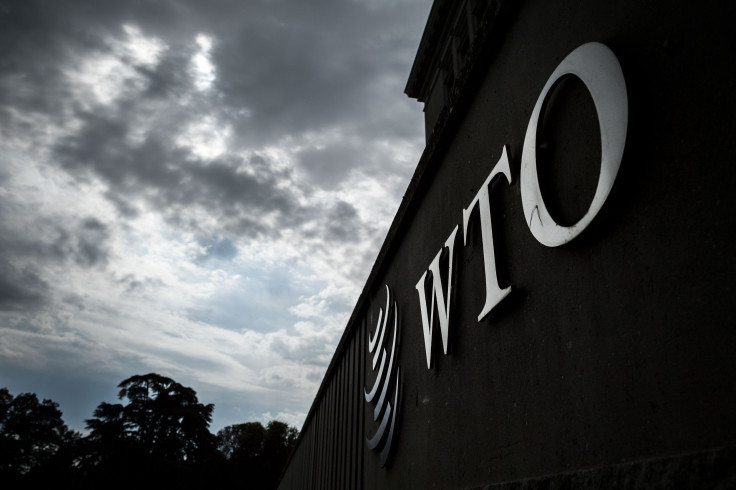Blockchain Could Reduce International Transaction Costs, WTO Report Says

A report by the World Trade Organization (WTO), released Oct. 3, said the international trade regulating body sees strong potential in blockchain technology and cryptocurrencies. The report also examined the scalability issues of blockchain and the specific application of the technology, and specifically discussed ripple, IOTA, and ethereum cryptocurrencies.
Titled "The future of world trade: How digital technologies are transforming global commerce," the report examined different ways in which digital technologies affect international trade and the extent of potential forthcoming changes, and also discussed the consequences of this transformation for traditional and future international trade.
WTO looked at the potential of blockchain by way of analyzing its role in the cross-border trade. The organization noted that innovations in cross-border payments and financial services further facilitated trade. "For example, e-commerce platforms that circumvent traditional payment systems through blockchain technologies may help to bring down the transaction costs of cross-border trade," it said.
General Roberto Azevêdo, director of WTO, underlined the ability of technologies like blockchain that could benefit small and medium enterprises, cutting trade costs and changing trade structure for the better: "Beyond easing trade in goods, digital technologies can facilitate services trade and enable new services to emerge. The Report predicted that the share of services trade could grow from 21 percent to 25 percent by 2030," he said.
Particularly in terms of cross-border trade, the report emphasized on Ripple, the remittance network and its associated cryptocurrency (XRP), which is onboarding several banks and launching products specifically meant to expedite cross-border payments.
"Ripple has ambitions to circumvent the correspondent banking model through its distributed ledger platform. It gives banks the ability to convert funds directly into different currencies in a matter of seconds and at little to no cost, without relying on correspondent banks," the report read.
Talking about IOTA, the report pointed out its underlying technology called "tangle." As opposed to blockchain, tangle is known for its goal enabling machine-to-machine communication. IOTA is looked at as an extremely productive project, because of the ability of tangle technology to transact more quickly as more users join the network. Mentions of bitcoin and ethereum were made while the report examined challenges that blockchain faces.
The bitcoin platform, for example, handles about seven transactions per second on average and the public blockchain ethereum twice as many, while Visa can process 2,000 transactions per second, with peaks of 56,000 transactions per second. There exist other "permissioned blockchains" — where only select participants are allowed to view the transaction price — like Hyperledger Fabric that can process 3,500 transactions per second for certain workloads. However, other challenges limit — like regulatory issues, limited scalability, and rigid technical specificities — the integration of that technology at present.
The report didn't just cover cryptocurrencies and blockchain but also looked at artificial intelligence and 3D printing.
"The Internet of Things, artificial intelligence, 3D printing, and Blockchain have the potential to profoundly transform the way we trade, who trades and what is traded," the report said. "These developments could unlock many opportunities for individuals, entrepreneurs and businesses around the world. However, this process is not automatic. Technological advances per se are not a guarantee of greater trade growth and economic integration."
The report also looked at how blockchain, if integrated, had the potential to bring about changes in the structure of trade and facilitate services, as well as enable new services to emerge. It cited an example of blockchain helping smaller businesses to start trading by backing them in building trust with partners around the world.
© Copyright IBTimes 2025. All rights reserved.





















